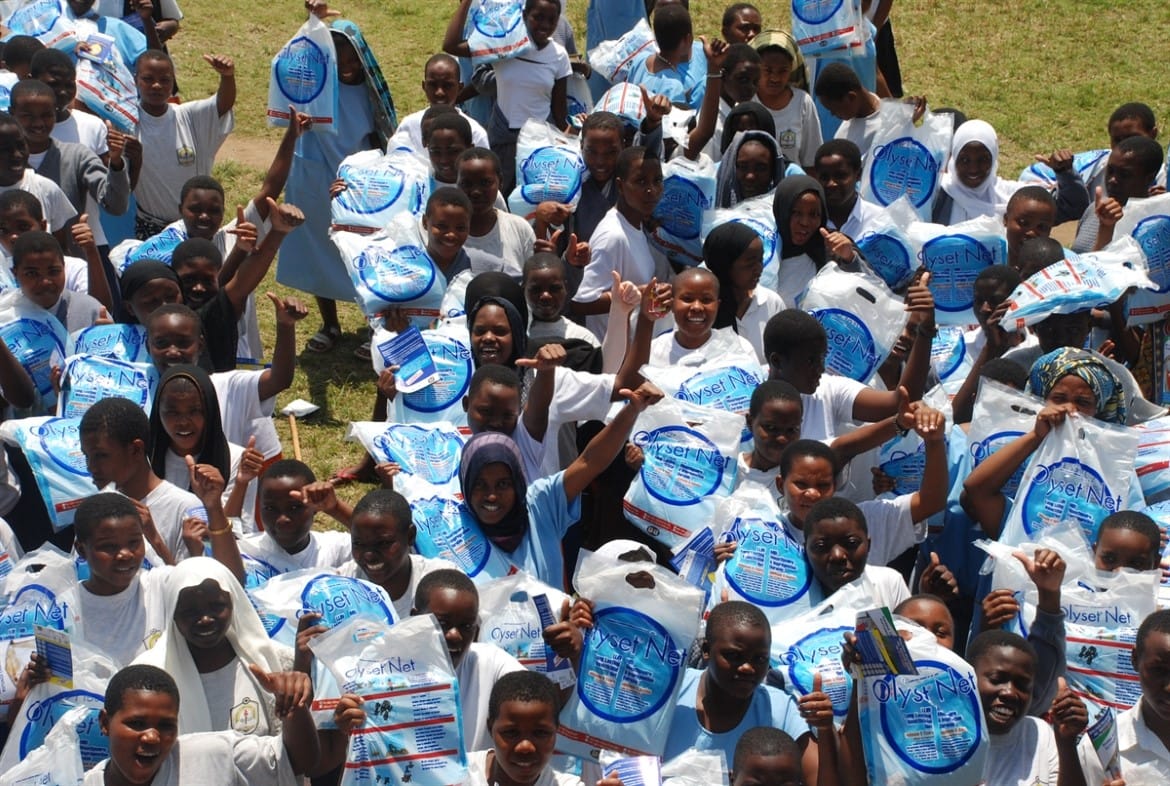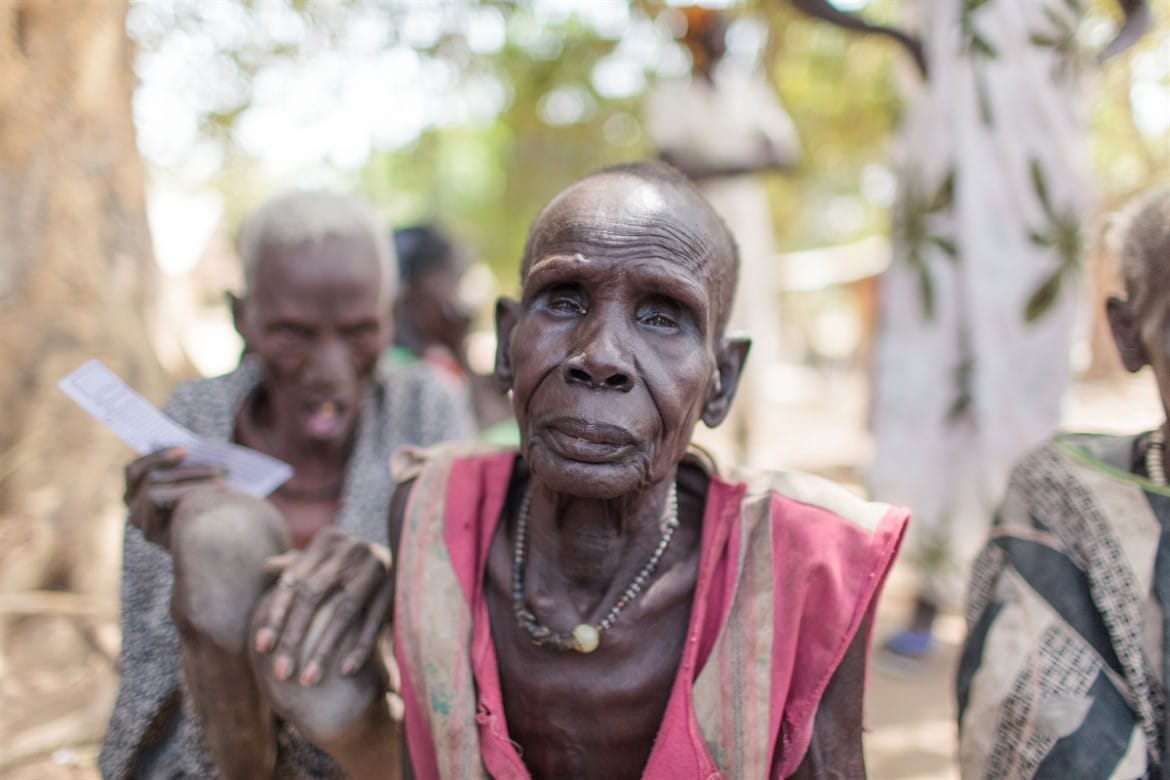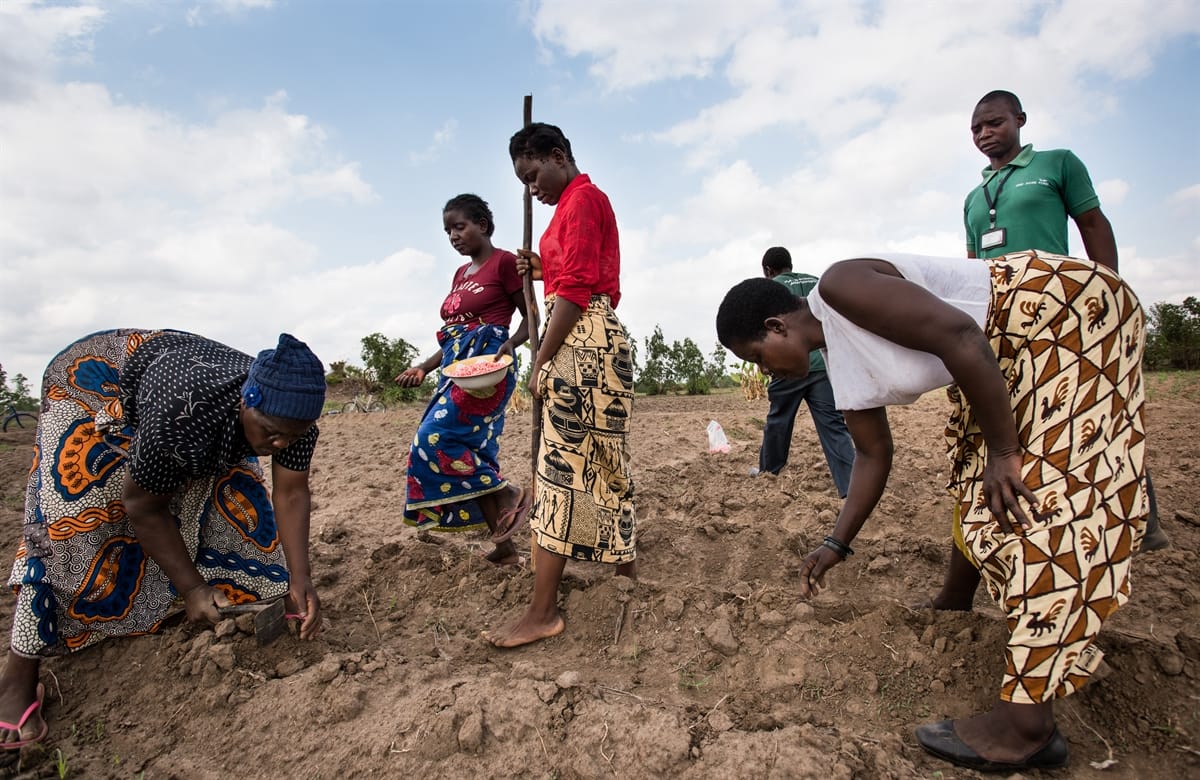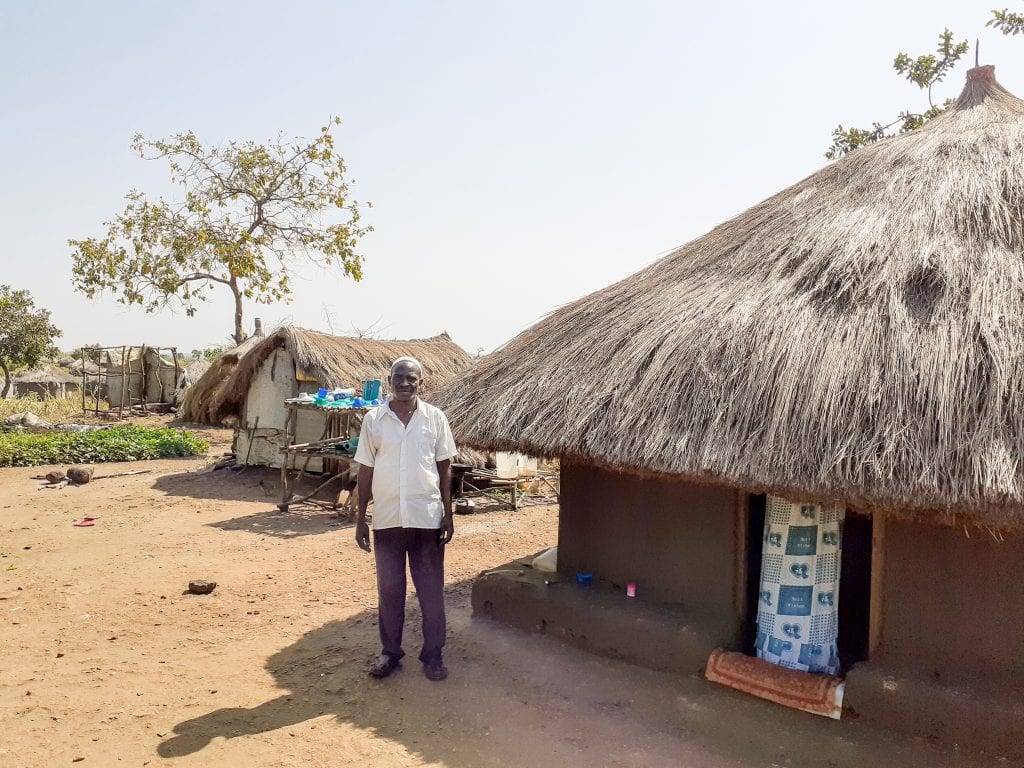Russia is the world’s largest country by territory, and it has a population of over 140 million. Spanning two continents and eleven time zones, it encompasses a vast geographic diversity within its borders. Endemic goiter has been reported in written records dating back centuries. Starting in the 1950s, a national program to control IDD in selected regions provided iodized salt to approximately 60% of the country’s population. But as in many other countries, the government commitment to the program waned as goiter rates went down. The effects of lax enforcement did not take long to see: by the 1980s goiter was reappearing in regions where IDD prevention had stopped. Eventually, the program collapsed with the dissolution of the Soviet Union in 1991.
The resulting monitoring gap was partially bridged by sub-national surveys, coordinated by the Russian Endocrinology Research Centre (RERC) under the Ministry of Health (MoH). In 2001, a ten-year review of epidemiological data covering a third of Russia’s administrative districts found that iodine deficiency was widespread. A Thyromobil study, conducted by the RERC in Western Russia in 2003–2007, found that iodine deficiency was associated with borderline low or below-average IQs among school-age children in these regions.
Despite ongoing advocacy efforts to reinstate mandatory legislation, Russia currently has a voluntary model of salt iodization, and no more than 30% of the country’s population consume iodized salt. A new amendment to the public health law, developed by the Department of Public Health under the MoH, would mandate iodization of certain types of kitchen salt and the use of iodized salt in commercially baked bread.
Raising the awareness of iodized salt
On October 6, 2016, a nationwide campaign was launched in Russia to support the adoption of the salt iodization amendment to the Russian Public Health Law. This three-day campaign was a joint effort of the Russian Endocrinology Association and medical student volunteer groups, backed by the MoH and the RERC (in particular, Prof. Ekaterina Troshina, who is also IGN’s Regional Coordinator, and her team) with additional support from the Public Coordination Council. A variety of awareness-raising and educational activities took place in almost all regions of Russia, from Siberia to Caucasus, united by the slogan “Salt + Iodine = Saving IQ”. Approximately 100 public events were facilitated by 1,000 volunteers, reaching more than 50 regions of Russia.
Campaign launch in the capital

Volunteers distributing fliers and displaying the slogan “I am for iodized salt” at the entrance to Gorky Park in Moscow; asking members of the public about the use of iodized salt.
The campaign’s official launch was at the RERC headquarters, where a team of endocrinologists was available to consult on iodine nutrition and thyroid health, and members of the public could have their thyroids examined for signs of goiter. On the same day, mothers of young patients at the RERC were given information about the importance of getting sufficient iodine from the diet especially while pregnant or breastfeeding. At midday, the public could watch a flash-mob of the Center’s employees, waving flags with slogans promoting iodized salt. At other Moscow locations, groups of volunteer medical students from leading medical universities could be seen handing out informational and promotional materials and surveying members of the public on their use of iodized salt in the household.
In Nizhny Novgorod (capital of the Volga economic region) top regional experts in endocrinology led a round-table session on IDD prevention and discussed the legislative measures that need to be introduced to address the problem. A press conference on IDD was held at the regional clinical diagnostic center, attended by local government representatives and experts. In Ufa (Republic of Bashkortostan), students of the Bashkir Medical University held quizzes on iodine and iodine-containing foods, giving small prizes to participating children. In Stavropol (Southern Russia) classes were held at a local school to inform children and adults about iodine deficiency and iodized salt. These and many other events took place across Russia during those three days.
National press and television coverage
On the eve of the launch, a press conference was held in Moscow’s headquarters of Russia Today, attended by top medical experts, and representatives from the Ministry of Health, professional organizations and NGOs. Citing the World Health Organization, the UN General Assembly, and UNICEF’s call on the international community to intensify IDD prevention measures, the organizers urged the Russian government to act now to control IDD through salt iodization. Representatives of the Union of Bakers and the Research Institute of the Bakery Industry have shown their support for the amendment, which would mandate the use of iodized salt in mass produced varieties of bread that are popular among consumers. They cited the results of research supported by the IGN, showing that this measure could increase iodine intake by up to 30–40%.
“Due to Russia’s size, the country currently has the third largest population at risk of iodine deficiency disorders”.
Due to Russia’s size, the country currently has the third largest population at risk of IDD, and hundreds of thousands of children and adults are still affected by goiter and other IDD. Mandatory use of iodized salt in bread baking, together with greater availability of iodized salt in retail trade, would significantly improve iodine nutrition of the Russian population, thereby reducing the incidence of goiter and the number of unwarranted surgeries of the thyroid gland.
The communication campaign has provided a much-needed boost to the ongoing advocacy campaign to secure government approval of the USI amendment by the State Duma (lower chamber of the Russian Parliament). The amendment has the seal of approval of the Eurasian Commission: USI laws exist in all EEU countries (Kazakhstan, Belarus, Kyrgyzstan and Armenia), and Russia is the only exception. In March 2017, the USI amendment will be discussed at a meeting of the Social Affairs Committee of the Federation Council (higher chamber of the Parliament). This time, there is a reasonable chance that the USI law will be adopted before the end of 2017.






